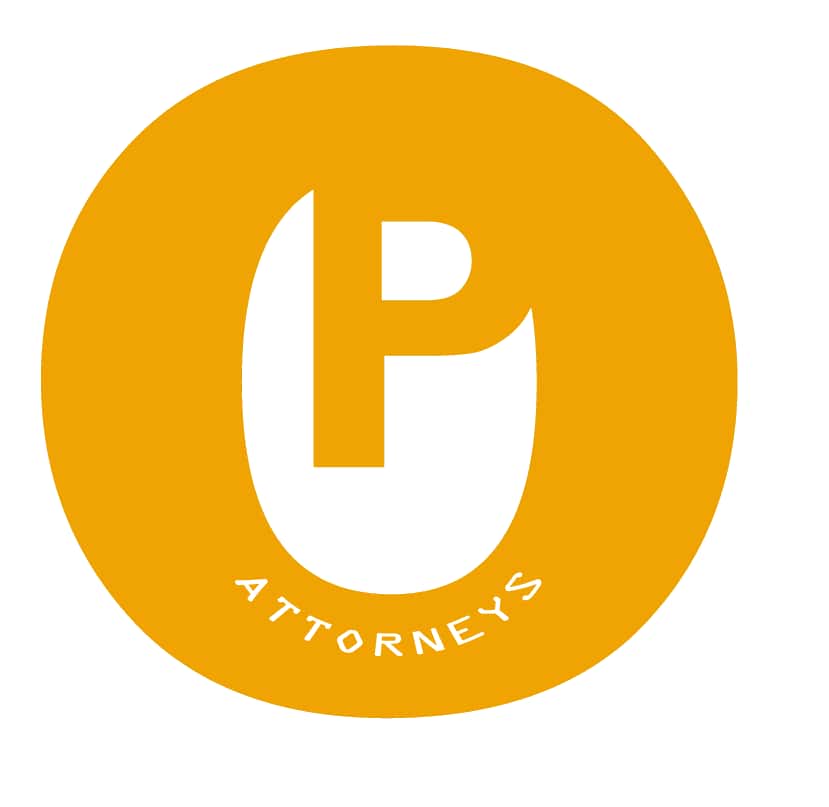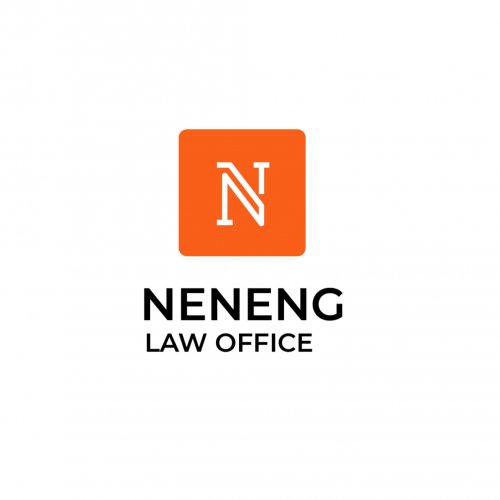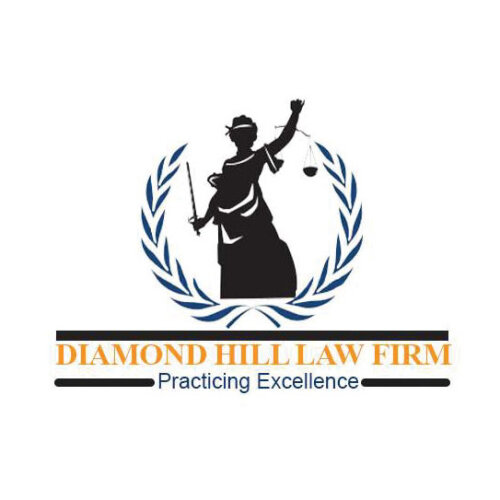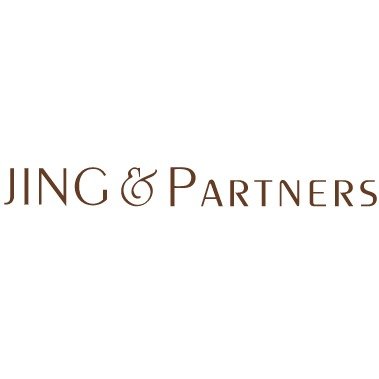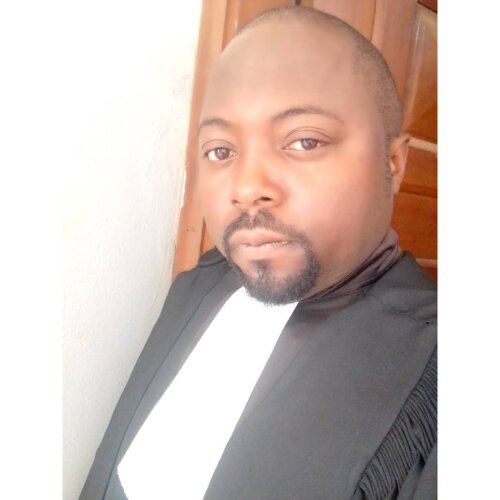Best Financial Services Regulation Lawyers in Douala
Share your needs with us, get contacted by law firms.
Free. Takes 2 min.
List of the best lawyers in Douala, Cameroon
About Financial Services Regulation Law in Douala, Cameroon
Financial Services Regulation in Douala, Cameroon, is governed by a combination of local, regional, and international legal frameworks that are designed to maintain the integrity, stability, and transparency of the financial sector. The regulatory landscape is influenced by the Central African Economic and Monetary Community (CEMAC), which sets some regional policies and regulations related to banking, financial markets, and insurance. Locally, the Commission Bancaire de l'Afrique Centrale (COBAC) oversees banking activities, while other financial services are regulated by various governmental agencies and bodies.
Why You May Need a Lawyer
There are several situations where individuals or businesses may require legal assistance in the realm of Financial Services Regulation in Douala. Some common scenarios include:
- Establishing a new financial service or enterprise and needing to navigate complex regulatory requirements.
- Facing disputes with regulatory bodies or other entities over compliance or interpretation of financial regulations.
- Assisting with compliance audits and advising on regulatory compliance to avoid penalties.
- Securing licenses or permits required to operate within the financial services sector.
- Navigating mergers, acquisitions, or corporate restructuring within the financial services industry.
Local Laws Overview
In Douala, several key aspects of local laws bear relevance to Financial Services Regulation:
- Compliance with CEMAC regulations, which govern banking, finance, and insurance industries across the member states.
- The roles and oversight responsibilities of COBAC, particularly in regulating and supervising banking activities.
- Anti-money laundering laws and regulations aimed at combating financial crimes.
- Securities and exchange regulations applicable to financial markets and capital trade practices.
- Protection laws for consumers and investors to foster transparency and fairness in financial transactions.
Frequently Asked Questions
What are the main regulatory bodies overseeing financial services in Douala?
The main regulatory bodies include COBAC for banking regulations and the Ministry of Finance for broader financial services. CEMAC also plays a critical role in regional regulation.
What is CEMAC and how does it affect local financial regulation?
CEMAC, or the Central African Economic and Monetary Community, sets regional policies affecting its member states, including Cameroon. This influences local banking, monetary, and financial laws.
What should I do if I need to secure a financial services license?
Consult a legal professional with experience in financial regulation to guide you through the application process and ensure compliance with all relevant laws and regulations.
How can a business ensure compliance with financial regulations?
Businesses should regularly conduct compliance audits, remain updated on regulatory changes, and seek advice from legal experts specializing in financial services.
Are there specific laws against money laundering in Cameroon?
Yes, Cameroon has implemented laws and regulations to prevent money laundering, which are enforced by national and regional authorities.
What consumer protections are available within financial services?
Laws and regulations are in place to ensure transparency and fairness and to protect consumers from fraud and unethical practices in the financial services industry.
How does COBAC influence financial regulation in Douala?
COBAC oversees the banking sector, ensures compliance with regulations, conducts audits, and can impose fines or other penalties for breaches of financial laws.
What are the consequences of non-compliance with financial regulations?
Non-compliance can result in fines, legal action, business closure, or revocation of licenses, along with reputational damage.
How can I resolve a dispute with a financial institution?
Engage with a lawyer who specializes in financial services to explore negotiation, mediation, or legal proceedings to resolve the dispute effectively.
What should I consider when entering a financial service contract?
Ensure that the contract is clear, comprehensive, and conforms to regulatory requirements. Consulting a legal expert is advisable before signing.
Additional Resources
For more information and assistance, consider reaching out to the following resources:
- The Commission Bancaire de l'Afrique Centrale (COBAC) for banking regulations and oversight.
- The Ministry of Finance in Cameroon for guidance on financial service regulations.
- Legal firms specializing in financial services regulation for expert legal advice.
Next Steps
If you find yourself in need of legal assistance in the realm of Financial Services Regulation, here are some steps to consider:
- Collect detailed information about your legal issue, including any relevant documents or correspondence.
- Consult with a lawyer who has expertise in financial services regulation to assess your situation.
- Explore options for resolution, which may include advisory services, negotiation, compliance checks, or representation in legal proceedings.
- Stay informed about changes in regulations that may affect your case or business operations.
Lawzana helps you find the best lawyers and law firms in Douala through a curated and pre-screened list of qualified legal professionals. Our platform offers rankings and detailed profiles of attorneys and law firms, allowing you to compare based on practice areas, including Financial Services Regulation, experience, and client feedback.
Each profile includes a description of the firm's areas of practice, client reviews, team members and partners, year of establishment, spoken languages, office locations, contact information, social media presence, and any published articles or resources. Most firms on our platform speak English and are experienced in both local and international legal matters.
Get a quote from top-rated law firms in Douala, Cameroon — quickly, securely, and without unnecessary hassle.
Disclaimer:
The information provided on this page is for general informational purposes only and does not constitute legal advice. While we strive to ensure the accuracy and relevance of the content, legal information may change over time, and interpretations of the law can vary. You should always consult with a qualified legal professional for advice specific to your situation.
We disclaim all liability for actions taken or not taken based on the content of this page. If you believe any information is incorrect or outdated, please contact us, and we will review and update it where appropriate.





